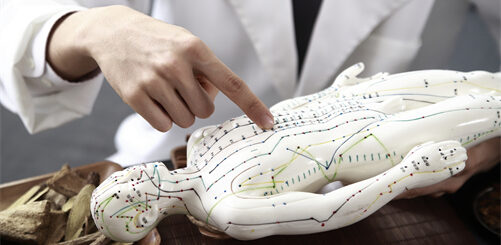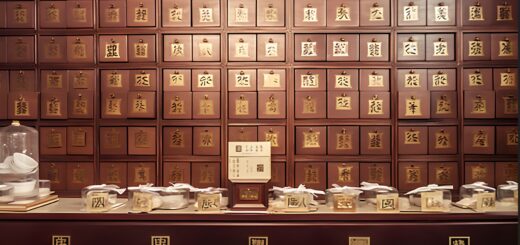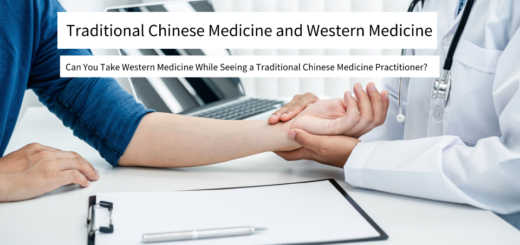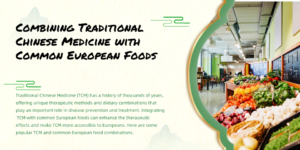Feasibility of Combining Traditional Chinese Medicine with Western Medicine

With the development of modern medicine and the heritage of traditional medicine, the integration of Chinese and Western medicine has garnered increasing attention and application in the medical field. Both Chinese and Western medicine have unique theoretical systems and treatment methods. The question of whether Chinese herbal medicine and Western medicine can be used simultaneously is a topic of considerable interest.
Theoretical Basis for Integrating Chinese and Western Medicine
Traditional Chinese Medicine (TCM) emphasizes a holistic view and syndrome differentiation, aiming to balance yin and yang and regulate the flow of qi and blood to treat diseases. Western medicine, based on the modern scientific biomedical model, focuses on direct treatment of the cause and symptom control. The theoretical foundation of integrating Chinese and Western medicine lies in their complementary nature【1】.
Advantages of Traditional Chinese Medicine
TCM boasts a long history and rich clinical experience, particularly showing unique advantages in treating chronic diseases, sub-health states, and some difficult diseases. By holistic regulation, supporting the healthy and eliminating the pathogenic factors, TCM can improve the overall condition of patients, reduce recurrence, and minimize side effects【2】.
Advantages of Western Medicine
Western medicine has clear diagnostic criteria and rapid treatment methods, especially excelling in the control of acute diseases and infectious diseases. Western drugs can act on the cause through clear pharmacological mechanisms, quickly alleviating symptoms【3】.
Feasibility of Using Chinese and Western Medicines Simultaneously
In clinical practice, more and more doctors are exploring the feasibility of using Chinese and Western medicines simultaneously. Studies have shown that combining Chinese and Western medicines can exert synergistic effects, improve efficacy, and reduce the side effects of drugs in the treatment of certain diseases【4】.
Support from Clinical Studies
- Hypertension Treatment: Research indicates that the combined use of Chinese and Western medicines can better control blood pressure levels and reduce complications. For instance, the combination of traditional Chinese medicine such as Tianma Gouteng Yin and Western medicine like enalapril can significantly improve blood pressure control and reduce the side effects of enalapril【5】.
- Diabetes Treatment: In the treatment of diabetes, combining Chinese medicines such as astragalus and salvia with Western medicines like metformin can improve blood sugar control and enhance patients’ quality of life. Studies have shown that the efficacy of combined treatment is significantly better than using Western medicine alone【6】.
- Cancer Treatment: The combined use of Chinese and Western medicines also shows potential in cancer treatment. Chinese medicines like ginseng and astragalus can enhance immunity and alleviate the side effects of chemotherapy and radiotherapy. Combined use with Western medicines can improve the quality of life of cancer patients【7】.
Precautions for Combining Chinese and Western Medicines
Although the combined use of Chinese and Western medicines has certain advantages, the following points should be noted in actual application:
- Drug Interactions: There may be interactions between Chinese and Western medicines that affect efficacy or increase side effects. Therefore, it is essential to understand the pharmacological actions and potential interactions of the drugs to avoid adverse reactions【8】.
- Individualized Treatment: Each patient has different physical conditions and disease states. The combined use of Chinese and Western medicines should be individually adjusted according to the patient’s specific situation, rather than adopting a one-size-fits-all approach【9】.
- Professional Guidance: The combined use of Chinese and Western medicines should be conducted under the guidance of professional doctors to avoid blind self-medication. Doctors should have professional knowledge in integrative medicine to comprehensively assess the patient’s condition and treatment plan【10】.
Conclusion
In conclusion, integrative medicine holds significant value in modern healthcare. Rationally combining Chinese and Western medicines can harness the advantages of both, improving treatment outcomes and reducing side effects. However, it is crucial to consider drug interactions, individualized treatment, and professional guidance in practical application. As research in integrative medicine deepens and clinical experience accumulates, the feasibility and safety of combining Chinese and Western medicines will be further validated and enhanced.










